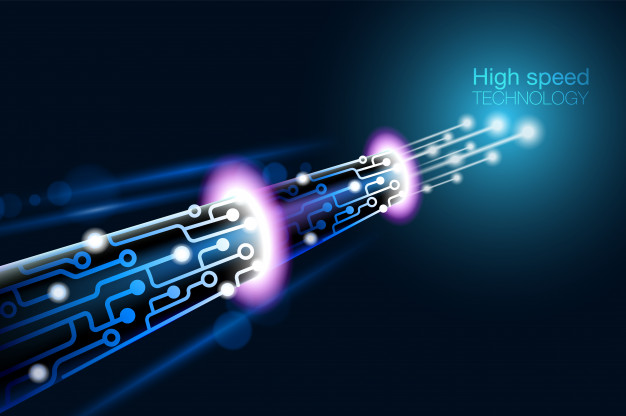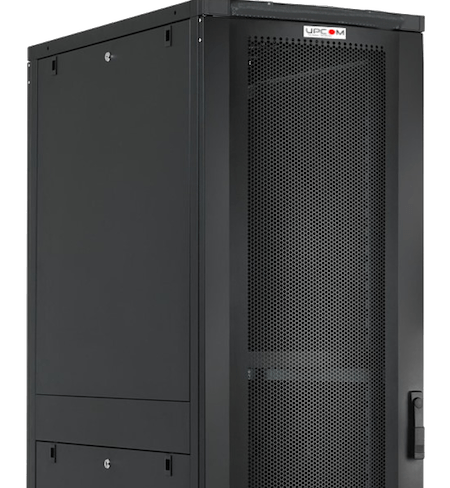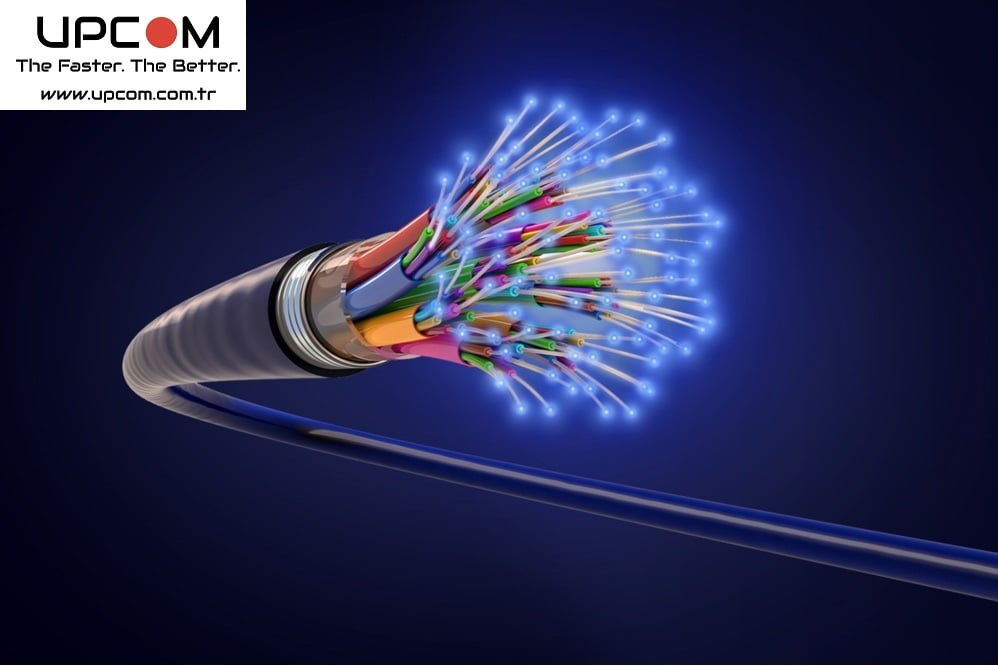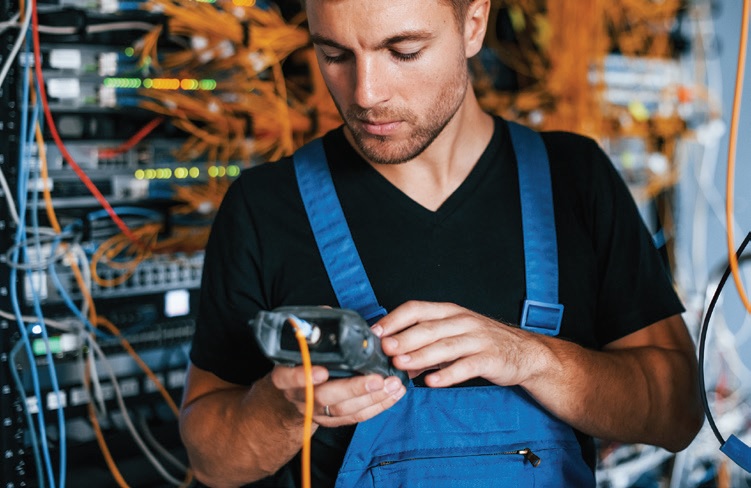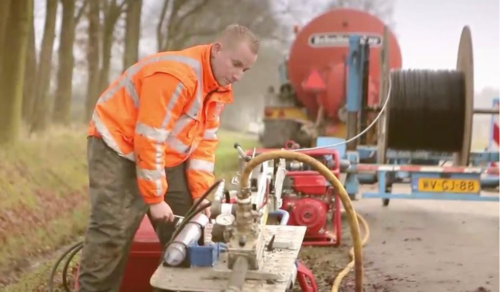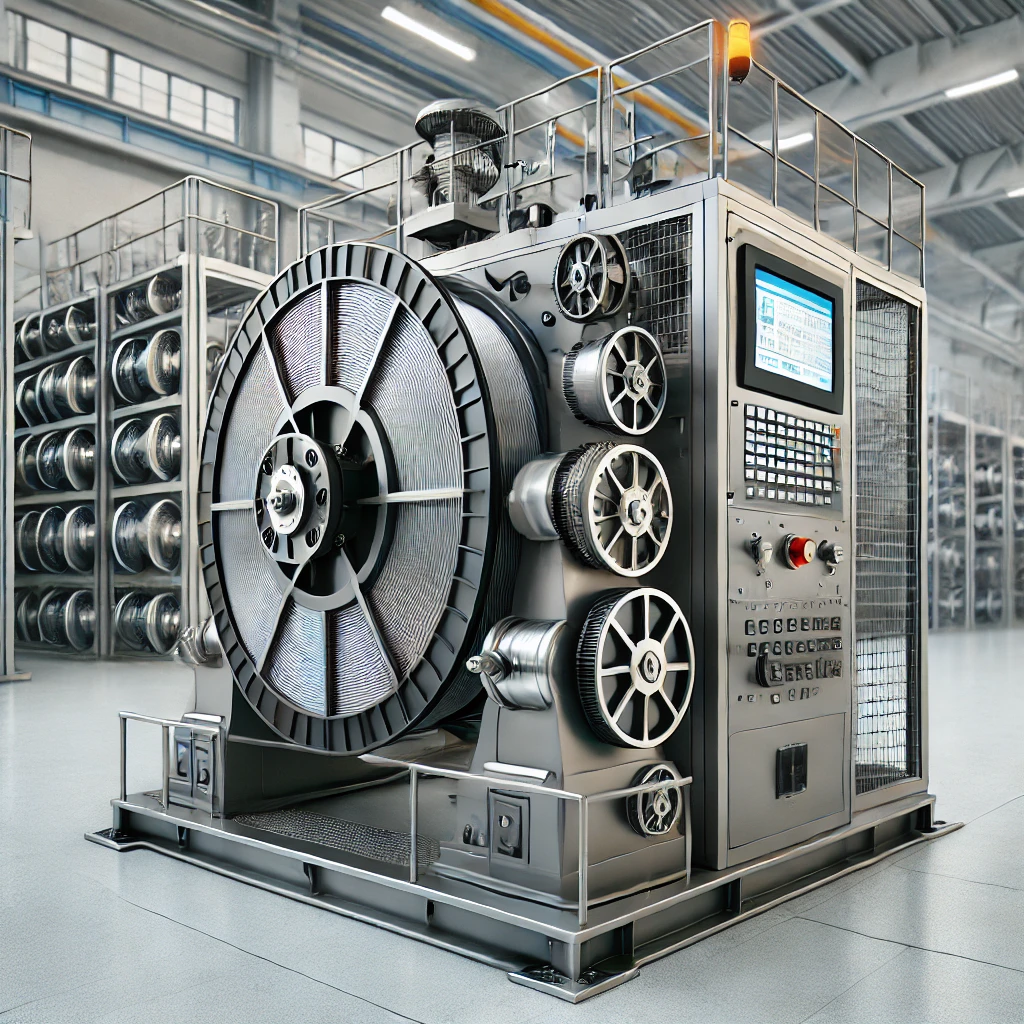22 Oct How Much Does Fiber Optic Cable Installation Cost in 2025?
How Much Does Fiber Optic Cable Installation Cost?
Updated guide for telecom and infrastructure professionals (2025)
Installing fiber optic cables remains one of the most critical phases of modern communication infrastructure. For project managers and engineers, understanding the fiber optic cable installation cost helps with accurate budgeting and cost optimization.
1. Average Fiber Optic Cable Installation Cost (2025 Update)
As of 2025, fiber optic cable installation cost typically ranges between $3 and $26 per meter depending on several key factors:
- Cable type and fiber count
- Installation environment (indoor riser / underground duct / aerial)
- Regional labor rates (Europe / Middle East)
- Installation method (manual pulling vs. air-blown)
For a medium-size commercial facility (100–200 drops), expect $20,000–$45,000 total including termination and testing. Although the initial cost is higher than copper, fiber offers superior lifetime ROI thanks to lower maintenance and longer reach.
2. What Is a Fiber Optic Cable?
A fiber optic cable transmits data as light through strands of glass or plastic fibers thinner than a human hair. The typical structure includes a core, cladding, strength members, and an outer jacket. Core advantages over copper:
- Long transmission distance without significant signal loss
- Extremely high bandwidth (up to 400 Gbps systems)
- Immunity to electromagnetic interference (EMI)
- Compact, lightweight, and non-flammable construction
Main categories:
- Single-mode (OS1/OS2) – long-distance backbones
- Multi-mode (OM3/OM4/OM5) – short-distance or premises cabling
3. Fiber vs. Copper: Cost and Performance Comparison
| Parameter | Copper (Cat6/7) | Fiber Optic |
|---|---|---|
| Bandwidth | ≤ 10 Gbps | ≤ 400 Gbps |
| Max Distance | 100 m | > 20 km |
| EMI Resistance | Poor | Excellent |
| Initial Cost | Lower | Moderate |
| Lifetime ROI | Medium | High |
Fiber reduces long-term TCO by eliminating extra telecom rooms, power, and cooling costs.
4. Reducing Installation Cost with Cable Blowing Machines
One of the most effective ways to lower fiber optic cable installation cost—especially for long-distance or outdoor networks—is using a Cable Blowing Machine.
4.1 What Is Air-Blown Cable Installation?
Air-blown (jetting) installation uses compressed air and a mechanical feeder to move the cable through ducts without pulling tension. This enables longer, faster, and safer installations compared to traditional pulling.
- High-Air-Speed Blowing (HASB): open ducts, 300–600 cfm airflow
- Push/Pull Piston (Air-Assist): partially sealed ducts, 200–300 cfm airflow with a missile carrier
Benefits:
- Up to ~3 km continuous installation per section (under favorable duct conditions)
- 2–3× faster installation speed
- 60–70% labor cost reduction
- Minimal cable damage and tension
How Does a Cable Blowing Machine Work?
UPCOM HidroFOK – Heavy-Duty Cable Blowing Machine
External Reference: Fiber Optic Installation Guide
5. Pulling vs. Blowing: Field Comparison
| Parameter | Pulling | Blowing |
|---|---|---|
| Equipment Cost | $1k–$12k | $15k–$40k |
| Speed | 75–200 fpm | 200–350 fpm |
| Typical Section Length | 550–1,000 m | 900–2,500 m |
| Crew Size | Larger | Smaller |
| Cable Stress/Damage | Higher risk | Minimal |
6. Practical Recommendations for Engineers
- Clean and pressure-test ducts before blowing.
- Use correctly sized seals to prevent air leakage.
- Plan blowing sections considering bends and terrain.
- Cascade multiple blowing machines for very long runs.
- Perform OTDR testing to verify optical continuity after installation.
7. Conclusion
While the fiber optic cable installation cost varies by project scale and region, modern air-blown cable installation significantly improves efficiency and reduces total costs across European and Middle Eastern deployments.
11 reasons why the future belongs to fiber optic
11 Reasons Why the Future Belongs to Fiber Optic “The future belongs to fiber optics!” This bold claim is backed by compelling reasons. Fiber optic technology is not just an upgrade—it’s a transformative infrastructure shaping how we connect, communicate, and consume information. Here are 11......
19″ Rack Cabinet
What is a 19” Free Standing Rack Cabinet? 19” free standing rack cabinets provide a robust, cost-effective enclosure solution. PDU mounting or connectivity on both the front and rear of the cabinet. The Free Standing 19” Rack cabinets are ideal for high-density data center environments,......
5 Fan Facts About the Fiber Optic Cables
Fiber optic cables are a type of cable that use glass or plastic fibers to transmit data. Here are some interesting facts about fiber optic cables: Speed: Fiber optic cables are capable of transmitting data at much faster speeds than traditional copper cables. This makes......
Advancements in Fiber Optic Technology: Improving Bandwidth and Transmission Rates
Fiber optic technology has revolutionized the way we communicate, providing faster and more reliable data transmission over long distances. The use of fiber optic cables has become increasingly popular in recent years, and the technology continues to evolve at a rapid pace. In this article,......
All about fiber optics
What does a fiber optic cable do? A fiber optic cable is a type of cable that uses glass or plastic threads to transmit data. These threads, or fibers, are extremely thin and are surrounded by a protective coating. They are able to transmit data......
Best Fiber Optic Cabling Installation Practices Guide
Fiber optic cabling installation is a complex process that requires specialized knowledge and equipment. Here are some best practices for fiber optic cabling installation to ensure a successful and reliable installation: Plan the Installation: Before starting the installation, it is important to plan......
Cable Blowing by Pressurized Air / Fiber Optic Cable Blowing Procedure
Cable Blowing (Sometime called air assisted cable blowing, Cable Blowing by Pressurized Air, air blowing, jetting and all these words are describing method of cable blowing with pressurized air) Cable Installation has been always a challenge for installers. There are several method to lay the......
Cable Blowing Lubricant
Cable blowing lubricants are specially formulated lubricants used to lubricate cables as they are being pulled through conduits or other tight spaces during the installation process. The lubricant is applied to the cables before they are pulled, and it helps to reduce friction and make......
Cable Blowing Machine work
Cable Blowing Machines here Click here to find out Cable Blowing Machine Product Portfolio Click Here Cable blowing machines, also known as a jetting machine or fiber optic cable blowing machine, is a device used to blow cables, such as fiber optic cables, into ducts......
Cable Spooling Machines: The Ultimate Guide to Efficient Cable Handling
In industries such as telecommunications, energy, manufacturing, and infrastructure, the need for Cable Spooling Machines have never been greater. Traditional manual spooling methods can lead to inconsistencies, labor-intensive processes, and increased cable damage. This is where cable spooling machines revolutionize operations by ensuring precise, automated, and......


